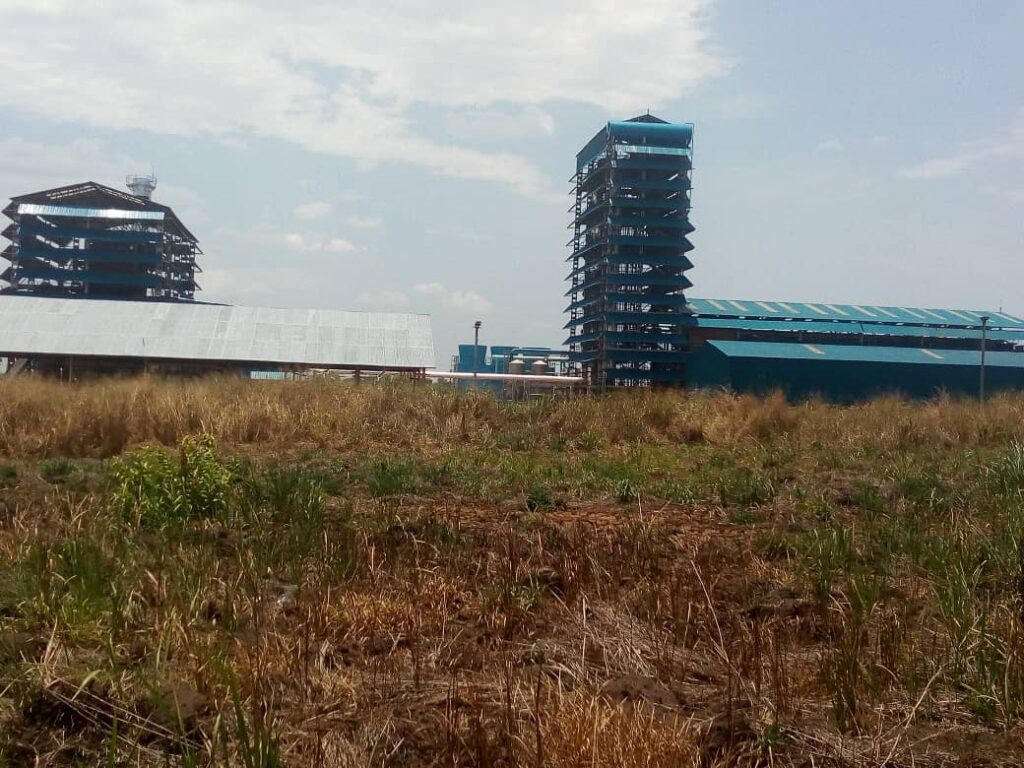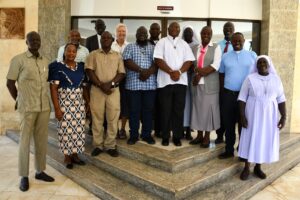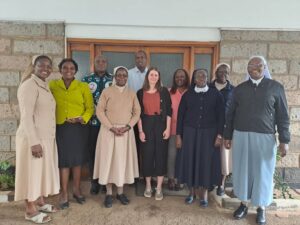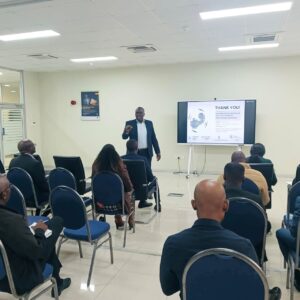UGANDA: Green energy for Ecological Sustainability

Sr. Mary Lilly Driciru, MSMMC
Gulu Archdiocese, in collaboration with Bukona Agro Processing Limited of Nwoya District, are in partnership to produce ethanol since 2020. This product was tested by Makerere University in 2021/2022. Its daily output is 40,000 litres, it is consumed locally and part of it is exported to Kenya in fuel tankers, one of the inside sources confirmed.
ARU Prophetic Witness learnt that in its future prospect, ethanol will be introduced into petroleum industry. Addition of ethanol in fuel (Petrol /diesels) cuts down toxic carbon emission thus, reducing environmental pollution. This is in line with UN Paris Agreement of COP21, 2015 where, all countries were called to commit themselves to reduce their carbon emissions and work together to adapt to the impacts of climate change in a bid to mitigate climatic hazards.
Ethanol is an alternative energy used for cooking using Green Energy Bio-Stove, with the aim of reducing dependence on firewood and charcoal which is the main cause of environmental degradation and climate change. In Uganda, 21% of charcoal is used in urban setting, while 98% of charcoal and wood fuel is used in the rural setting. The local cassava production and other cereals are intended to provide raw materials for the factory’s production of ethanol.
The charcoal business in Northern Uganda is being controlled after the introduction of ethanol. The Cassava Commercialization and food security Project, initiated by Gulu Archdiocese under the leadership of Father Mathew Lagoro Okun, saw an initial success, with up to 20,000 farmers embracing cassava as a cash crop. A few of the members from the population testify the benefits of the new agribusiness.
Besides cassava, the factory uses sorghum and maize as alternative raw material according to the management under the directorship of Praviin Kekal. The team also revealed that the Ministry of Energy with the help from World Bank is promoting clean energy and Bukona Agro-processing Ltd is eyeing the opportunity for this partnership. “If this succeeds, the price of Green energy stoves would drop by 100,000 UGX, Praviin revealed.
The factory claims that the Acholi sub-region faces a shortage of cassava, which has necessitated the use of maize and, at times, sorghum as alternative raw materials for ethanol production. Another source noted the challenges of procuring cassava and explained that they resort to using maize and sorghum in the absence of sufficient cassava supplies. In another development, some farmers claim that their expectations were frustrated by the low offers from the factory. “We were greatly disappointed when the factory choses to buy our cassava below the market price! While the market price is between 1800-2000 UGX per kilogram. Bukona offers to buy between 850-1200 a kilo depending on the seasonal yields!”
Accordingly, the decline of cassava production can be attributed to several factors, including a mismatch between the enthusiasm for cassava planting and the factory’s readiness to purchase the harvest at a fair cost. Sometimes, excess production causes losses as postulated in vicious cycle of agricultural production. However, the cassava commercialization project is making efforts to balance between food security and agribusiness.
Despite some of the challenges, the factory is expanding to produce animal feeds out of the by-products. The animals and birds to be fed include cows, goats, pigs and poultry. This is because the raw materials are readily available.
The secret behind the green energy in the Archdiocese Emeritus of Gulu unfolds as a result of dire community needs, blended with the social entrepreneurship of the stakeholders spearheaded by Most Rev. John Baptist Odama the Archbishop of Gulu Archdiocese. The stakeholders include the consecrated persons, the local community and technocrats from various walks of life. They (stakeholders) including consecrated persons supported the initial idea of taking the challenge of growth and development of Gulu Archdiocese minus external support.
The Archbishop Emeritus and team took up the challenge: “To save Africa by the African evangelizers.” During this meeting, the stakeholders raised a concern: “We need 32 parishes in Gulu Archdiocese for easy animation of pastoral work. Yet funds are inadequate for building local churches and infrastructure. So the slogan of Bishop Daniel Comboni, “Save Africa by Africans” becomes relevant today when the means of liberation is to avoid going abroad for help, the stakeholders noted.
During the meeting, one Okot Santu, the late Resident District Commissioner inspired the gathering with cassava enterprise while closing the conference. It was however noted that, this project was not palatable to the local community, because cassava was associated with food for prisoners and cultivated through forced labour by prisoners! However, through sensitization, operations and wealth creation program, the program is being rolled out and gradually embraced.


